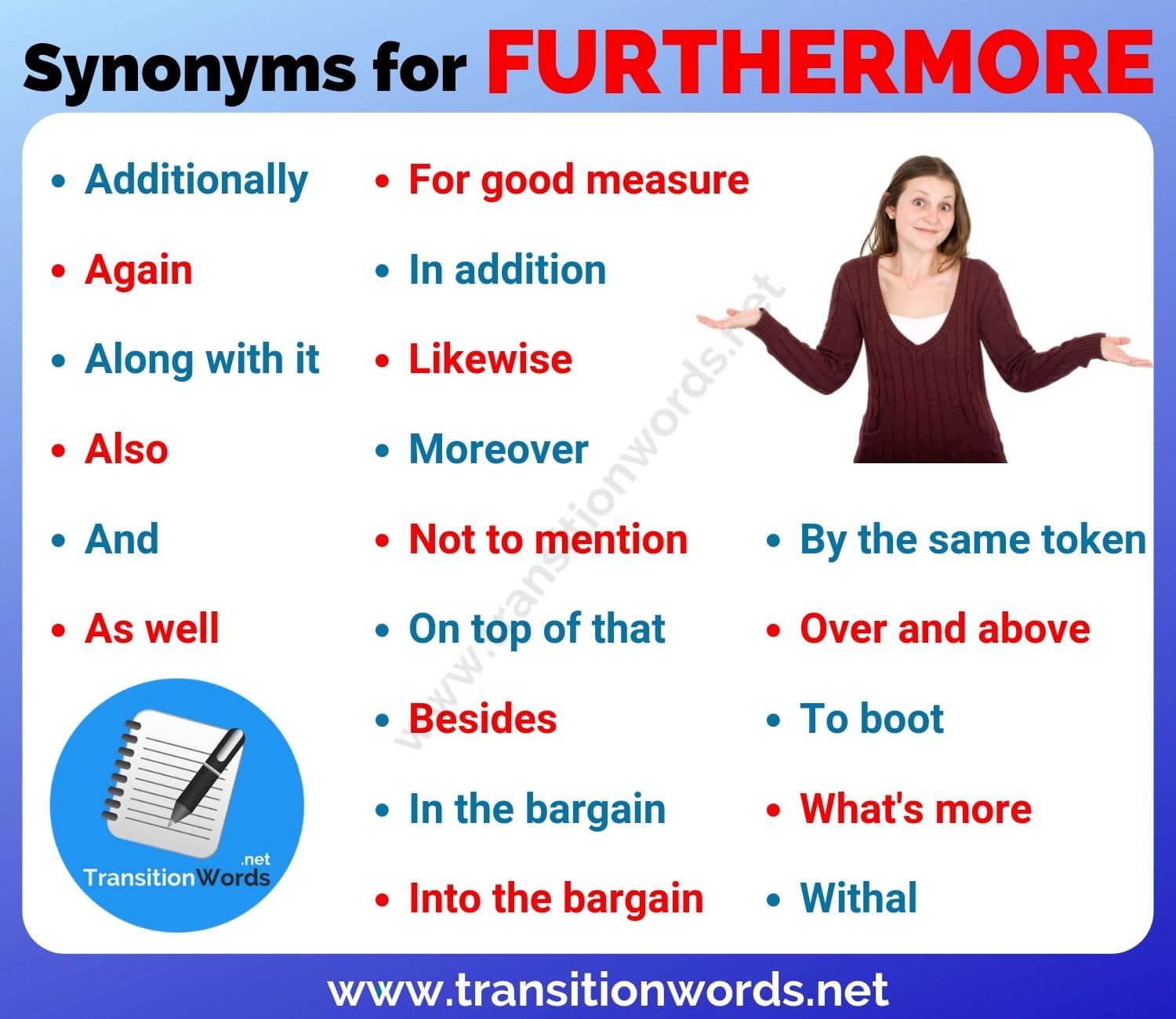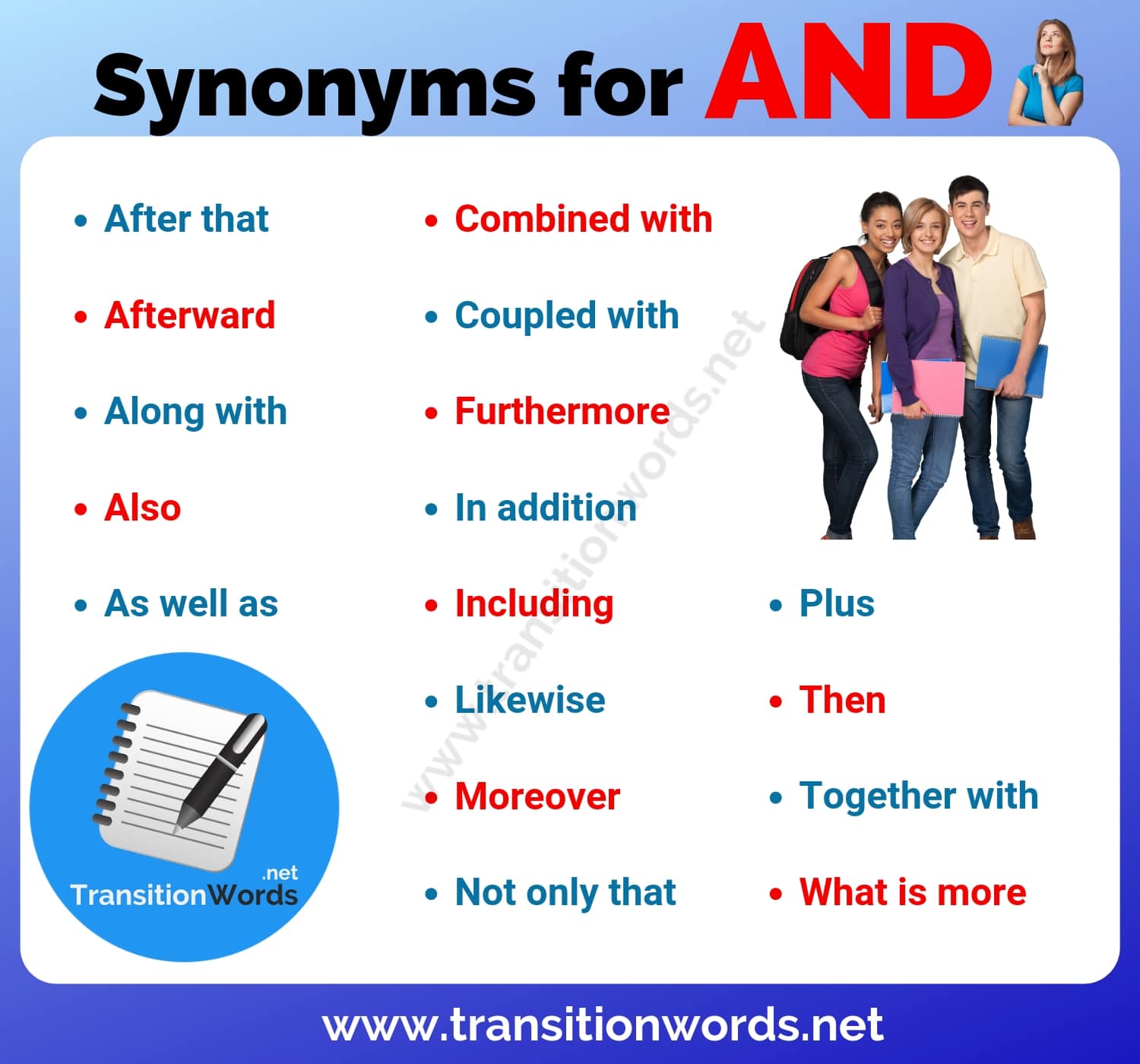Mastering Transition Synonyms: Your Ultimate Guide To Elevate Writing
Writing is more than just stringing words together. It’s about crafting a seamless flow that keeps readers hooked from start to finish. Transition synonyms are your secret weapon to achieving this magic. Whether you’re penning an essay, drafting a blog post, or composing a novel, transitions play a pivotal role in connecting ideas and ensuring your message resonates. But let’s be real—repeating the same words over and over can get monotonous. That’s where transition synonym mastery comes into play, transforming your writing from mediocre to magnificent.
Think of transition synonyms as the glue that holds your sentences together. They help create cohesion, clarify relationships between ideas, and guide your reader effortlessly through your content. From signaling cause and effect to highlighting contrasts, these versatile words and phrases add depth and clarity to your writing. So, if you’re ready to take your writing skills to the next level, buckle up because we’re diving deep into the world of transition synonyms.
But why stop at just knowing what transition synonyms are? We’ll explore how to use them effectively, uncover hidden gems in the English language, and equip you with practical tips to refine your writing style. Whether you’re a student, a professional writer, or someone who simply loves the art of communication, this guide is your ticket to mastering the art of transition synonym usage. Let’s get started!
Understanding Transition Synonyms: What Are They Really?
At its core, a transition synonym is simply a word or phrase that serves as an alternative to traditional transition words like “however,” “therefore,” or “moreover.” These synonyms allow writers to express the same relationships between ideas but with a fresh twist. For example, instead of using “because” repeatedly, you might opt for “due to,” “owing to,” or “as a result of.” The beauty of transition synonyms lies in their ability to keep your writing dynamic while maintaining clarity.
Transition synonyms are categorized based on the type of relationship they convey. Some signal addition, others contrast, and still, others emphasize cause and effect. By understanding these categories, you can choose the right synonym for each context, ensuring your writing flows naturally. Let’s break it down:
- Addition: Words like “also,” “furthermore,” and “in addition” help build upon existing ideas.
- Contrast: Phrases such as “on the other hand,” “nevertheless,” and “in contrast” highlight differences.
- Cause and Effect: Terms like “consequently,” “as a result,” and “thereby” clarify causal relationships.
Now that we’ve scratched the surface, let’s dive deeper into why mastering transition synonyms is essential for any writer.
Why Transition Synonyms Matter in Writing
Imagine reading a piece of writing where every sentence begins with “and” or ends with “therefore.” Sounds repetitive, right? That’s because overusing the same transition words can dull even the most compelling content. Transition synonyms breathe life into your writing by introducing variety and nuance. They prevent monotony and keep your audience engaged.
Moreover, transition synonyms enhance readability. When used correctly, they guide readers through complex ideas, making even the most intricate arguments easy to follow. This is particularly important in academic writing, where clarity and coherence are paramount. But it’s not just about academics—business communication, creative writing, and even casual blogging benefit immensely from well-chosen transition synonyms.
According to a study by the Purdue Online Writing Lab, effective use of transitions can increase comprehension by up to 30%. That’s a game-changer for anyone looking to communicate ideas clearly and persuasively. So, whether you’re drafting a persuasive essay or crafting a compelling marketing pitch, mastering transition synonyms will set you apart.
Exploring Categories of Transition Synonyms
Addition Synonyms: Building Upon Ideas
Addition transition synonyms are your go-to tools for expanding on existing points. They signal that you’re adding more information or reinforcing a previous statement. Here are some examples:
- Additionally
- Moreover
- Furthermore
- In addition
- Also
For instance, if you’re discussing the benefits of a product, you might say, “The device offers exceptional battery life. Additionally, it boasts a sleek design and user-friendly interface.” See how seamlessly the transition synonym connects the two ideas?
Contrast Synonyms: Highlighting Differences
Contrast transition synonyms are perfect for pointing out opposing viewpoints or differences. They help create balance in your writing and ensure all perspectives are considered. Some common contrast synonyms include:
- However
- On the other hand
- Nevertheless
- In contrast
- Conversely
Let’s say you’re writing about the pros and cons of remote work. You could write, “Remote work offers flexibility and autonomy. However, it can also lead to feelings of isolation and decreased collaboration.” The contrast synonym “however” effectively signals the shift from positive to negative aspects.
Mastering Cause and Effect Synonyms
Cause and effect transition synonyms are crucial for explaining why something happens or what results from an action. They help establish logical connections between ideas, making your arguments more convincing. Here are a few examples:
- Therefore
- Consequently
- As a result
- Thus
- Thereby
For example, “The company invested heavily in employee training programs. Consequently, productivity levels soared, leading to increased profits.” The synonym “consequently” clearly links the cause (training) to the effect (increased productivity).
Transition Synonyms in Academic Writing
Academic writing demands precision, clarity, and structure—all of which transition synonyms can provide. By incorporating a variety of transition words and phrases, you can ensure your arguments are logically organized and easy to follow. Here’s how:
- Use addition synonyms to build upon previous points in your analysis.
- Incorporate contrast synonyms to address counterarguments or alternative perspectives.
- Leverage cause and effect synonyms to establish relationships between variables in your research.
For example, in a research paper on climate change, you might write, “Rising global temperatures have led to melting polar ice caps. Consequently, sea levels are projected to rise significantly in the coming decades.” This approach not only strengthens your argument but also demonstrates your command of language.
Transition Synonyms in Creative Writing
Creative writing allows for more flexibility and experimentation with language, making it the perfect playground for transition synonyms. By choosing the right synonyms, you can create vivid imagery, evoke emotions, and guide your readers through intricate storylines. Consider the following:
- Use contrast synonyms to create tension or highlight character flaws.
- Incorporate addition synonyms to flesh out descriptions or deepen world-building.
- Employ cause and effect synonyms to drive the plot forward and create logical consequences.
For instance, in a mystery novel, you might write, “The detective examined the crime scene meticulously. Nevertheless, a crucial piece of evidence seemed to elude him.” The contrast synonym “nevertheless” adds intrigue and keeps readers guessing.
Transition Synonyms in Business Communication
In the business world, clear and concise communication is key. Transition synonyms can help streamline your messages, making them more impactful and professional. Here’s how:
- Use addition synonyms to summarize key points in presentations or reports.
- Incorporate contrast synonyms to address potential objections or limitations.
- Leverage cause and effect synonyms to explain the rationale behind decisions or strategies.
For example, in a business proposal, you might write, “Our new marketing strategy focuses on digital platforms. Consequently, we anticipate a significant increase in online engagement and conversions.” The cause and effect synonym “consequently” ties the strategy to its expected outcomes, enhancing credibility.
Common Mistakes to Avoid with Transition Synonyms
While transition synonyms are powerful tools, they can also trip you up if misused. Here are some common mistakes to watch out for:
- Overusing the same synonyms: Variety is key. Don’t rely too heavily on a single word or phrase.
- Using synonyms out of context: Make sure the synonym you choose accurately reflects the relationship between ideas.
- Ignoring sentence structure: Transitions should fit naturally within your sentence. Avoid forcing them in awkwardly.
For example, instead of writing, “The team worked hard. Consequently, they achieved their goals,” consider rephrasing for better flow: “The team worked hard, thereby achieving their goals.” Small adjustments can make a big difference.
Practical Tips for Mastering Transition Synonyms
Now that you understand the importance of transition synonyms, here are some practical tips to help you master them:
- Read widely: Expose yourself to different writing styles to see how others use transition synonyms effectively.
- Practice regularly: Incorporate new synonyms into your writing exercises to build familiarity.
- Seek feedback: Share your work with others and ask for constructive criticism on your transition usage.
Remember, mastering transition synonyms is a journey, not a destination. The more you practice, the more natural it will become. And before you know it, your writing will flow effortlessly, captivating readers and leaving a lasting impression.
Conclusion: Elevate Your Writing with Transition Synonyms
Transition synonyms are the unsung heroes of effective writing. They add variety, enhance clarity, and guide readers through your content with ease. By understanding their categories, using them strategically, and avoiding common pitfalls, you can take your writing to new heights.
So, what are you waiting for? Start experimenting with transition synonyms today. Whether you’re crafting an academic paper, penning a novel, or drafting a business email, these versatile words and phrases will transform your writing. And don’t forget to share your newfound knowledge with others—after all, great writing deserves to be celebrated!
Table of Contents
- Understanding Transition Synonyms: What Are They Really?
- Why Transition Synonyms Matter in Writing
- Exploring Categories of Transition Synonyms
- Mastering Cause and Effect Synonyms
- Transition Synonyms in Academic Writing
- Transition Synonyms in Creative Writing
- Transition Synonyms in Business Communication
- Common Mistakes to Avoid with Transition Synonyms
- Practical Tips for Mastering Transition Synonyms
- Conclusion: Elevate Your Writing with Transition Synonyms

SUCH AS Synonym 30 Useful Synonyms for Such As with Examples

Other Words for FURTHERMORE List of 20 Powerful Synonyms for

Other Words for AND List of 18 Useful Synonyms for And in English

Other Words for ADDITIONALLY 30+ Useful Synonyms for Additionally